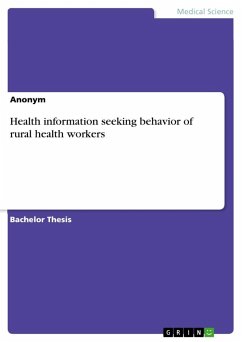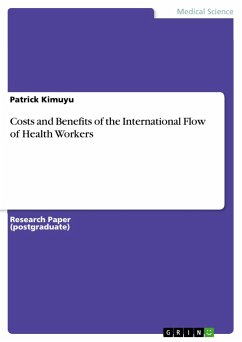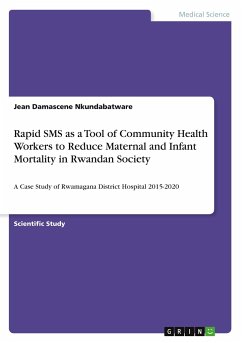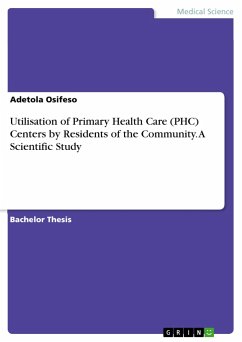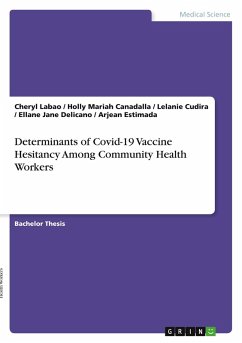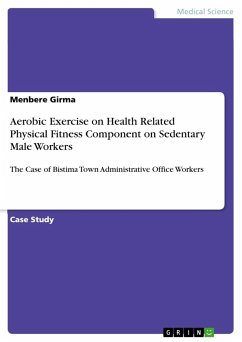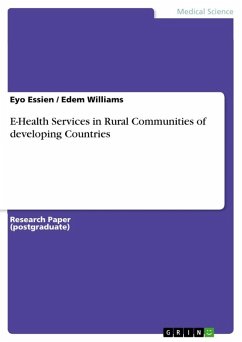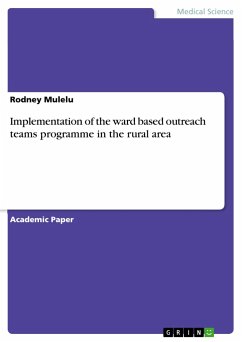Bachelor Thesis from the year 2019 in the subject Health - Public Health, grade: 3.0, , course: Public Health, language: English, abstract: Information is inevitable in the health profession. The need to become informed and knowledgeable which leads to "information seeking behaviour processes" is important among qualified health workers who have vital roles in achieving health goals of a given country. The purpose of this study was to investigate the health information seeking behaviour of rural health workers in Karonga, Malawi. Specifically, the study determined the health information needs; awareness of health information sources; ascertained the health information sources consulted; the benefits of consulting health information sources; and establish the challenges faced by rural health workers in accessing. The study used a cross-sectional study design employing quantitative method. Purposive sampling was used to select a study sample of 50 health workers to participate in the study. The collected data was analysed descriptively using IBM SPSS version 20. Results showed that almost all study participants (96%) had an information need. Their needs included updates on new health issues, need to provide quality of service and need to upgrade knowledge. The study found that majority of rural health workers 46(92%) were aware of information sources. The study also revealed that the major information sources accessed by rural health workers were both print and electronic sources which included reference materials, text books, and online databases among others. The study also showed that the majority (52%) of respondent's preferred accessing health information at their respective hospital offices. The sampled health workers cited lack of hospital libraries, funding, inadequate and poor ICT facilities, and outdated health information resources as major challenges. From the findings, it is evident that health information seeking behaviour is poor. Therefore, the study recommends that there should be supportive policies, improved ICT infrastructure, increased funding and advocacy for development of libraries in rural health facilities..

